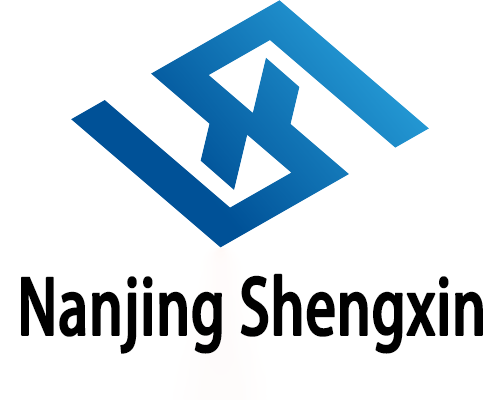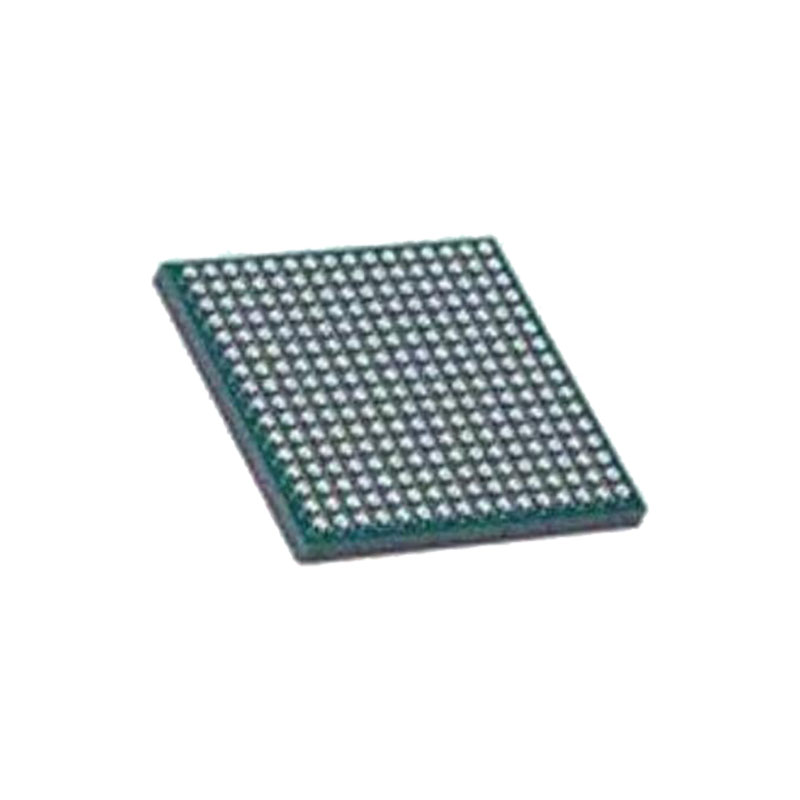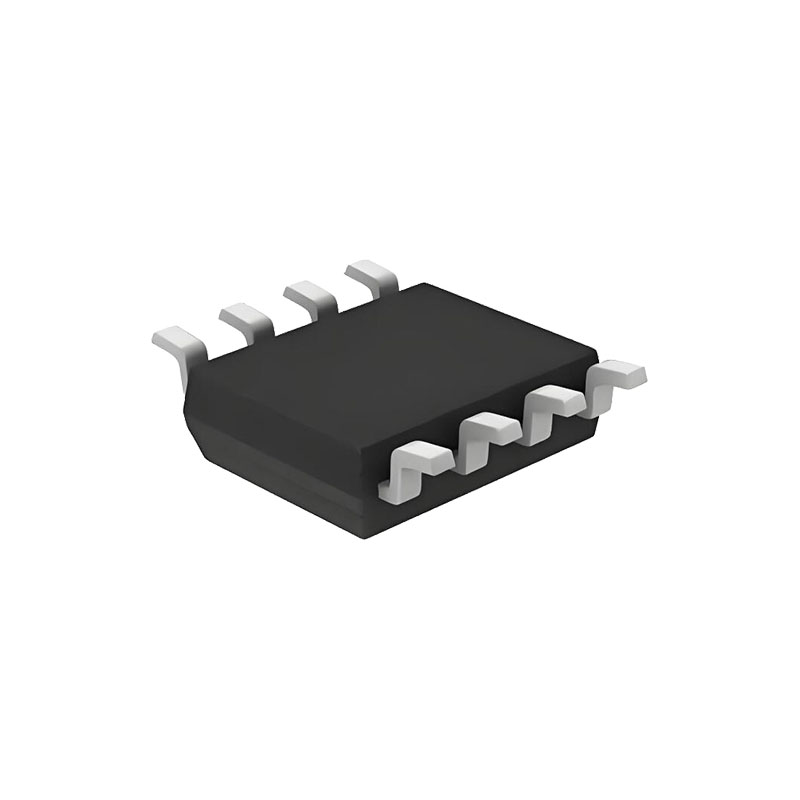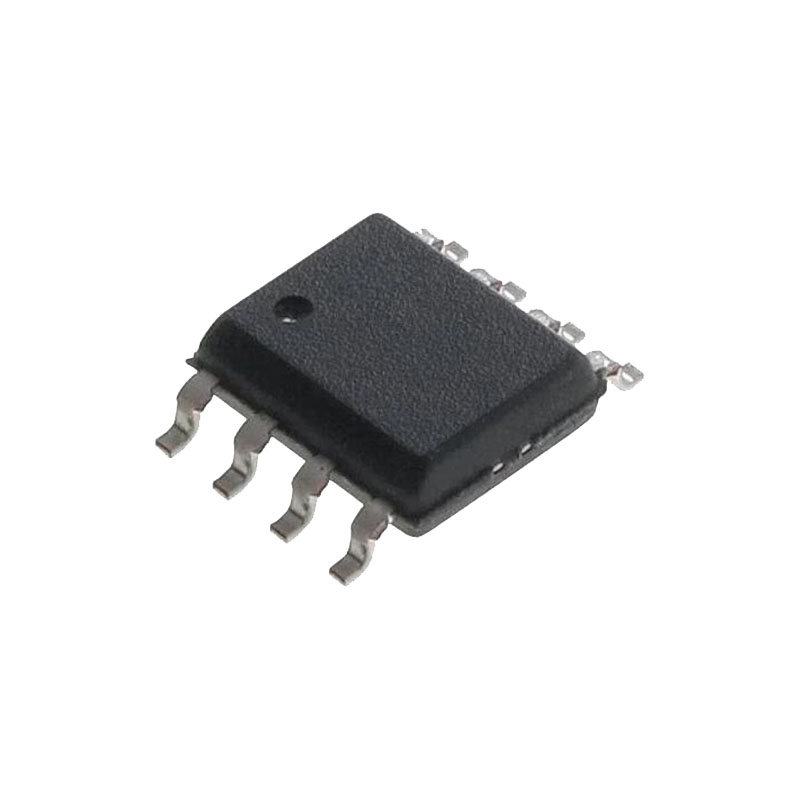En la era de los macrodatos, la computación en la nube y las redes de alto rendimiento, las exigencias a los centros de datos nunca han sido mayores. A medida que las empresas y organizaciones generan volúmenes masivos de datos y se esfuerzan por seguir siendo competitivas, el procesamiento de datos eficiente y de alta velocidad se ha vuelto fundamental. Tarjetas de aceleración de recogida en red (NCAC) se perfilan como una de las herramientas más esenciales para que los centros de datos modernos puedan satisfacer estas demandas. Estas tarjetas están diseñadas para optimizar el tráfico de red y mejorar el rendimiento general de los centros de datos al proporcionar capacidades mejoradas de recopilación, procesamiento y transferencia de datos.
En este artículo, exploraremos por qué las tarjetas de aceleración de captación de red son tan importantes para el buen funcionamiento de los centros de datos modernos, cómo funcionan y las ventajas que ofrecen.
Descripción de las tarjetas de aceleración de recogida en red (NCAC)
Antes de sumergirnos en su importancia, entendamos primero qué son las tarjetas de aceleración de recogida de red. Una tarjeta de aceleración de recopilación de red es un componente de hardware que ayuda a mejorar la velocidad, eficiencia y precisión de la transferencia y recopilación de datos en la red de un centro de datos. Estas tarjetas suelen instalarse en servidores o dispositivos de red para descargar de la CPU tareas de procesamiento intensivo, lo que permite al servidor o dispositivo de red gestionar más tráfico sin verse atascado por procesos que consumen muchos recursos.
Las tarjetas de aceleración de recopilación de red utilizan procesadores especializados, a menudo denominados procesadores de red o matrices de puertas programables en campo (FPGA), para acelerar tareas como el filtrado de paquetes, la inspección profunda de paquetes y el equilibrio de carga. Estas tarjetas también están optimizadas para gestionar grandes volúmenes de tráfico de red, lo que las hace especialmente útiles en entornos donde el tráfico de red crece continuamente, como en los centros de datos en nube a gran escala.
Principales ventajas de las tarjetas de aceleración de recogida en red
- Mejora del rendimiento de la red
Una de las principales ventajas de las tarjetas de aceleración de recogida en red es la mejora significativa del rendimiento de la red. Los centros de datos gestionan constantemente grandes cantidades de tráfico de datos y, a medida que aumenta el volumen de tráfico, las exigencias a la infraestructura de red se hacen más intensas. Los dispositivos de red tradicionales pueden tener dificultades para seguir el ritmo de este aumento del tráfico, lo que provoca congestiones, retrasos e ineficiencias.
Las NCAC abordan este problema descargando las tareas de procesamiento del tráfico de la CPU principal del servidor, lo que le permite centrarse en otras operaciones críticas. Al procesar los paquetes de datos con mayor eficacia y rapidez, las tarjetas de aceleración de red pueden mejorar el rendimiento de la red y garantizar que los datos se transfieran más rápido, con una latencia mínima.
Esto es especialmente importante en sectores que dependen del procesamiento de datos en tiempo real, como las finanzas, la sanidad y el comercio electrónico, donde incluso un pequeño retraso en la transferencia de datos puede tener consecuencias importantes.
- Latencia reducida
La latencia es un factor crítico a la hora de determinar la velocidad y el rendimiento de una red. Incluso unos pocos milisegundos de retardo pueden ser perjudiciales en los centros de datos modernos, especialmente en los que admiten aplicaciones como streaming de vídeo, juegos y servicios financieros. Las tarjetas de aceleración de colecciones de red ayudan a reducir la latencia descargando ciertas funciones relacionadas con la red, como la inspección y filtrado de paquetes, en la propia tarjeta, liberando la CPU del servidor para realizar otras tareas.
Los NCAC también utilizan algoritmos avanzados y hardware especializado para priorizar los paquetes de datos, garantizando que el tráfico más importante se procese primero. Esta priorización garantiza que los datos fluyan de forma más eficiente por la red, reduciendo aún más los retrasos.
- Escalabilidad
A medida que se amplían los centros de datos, es esencial que la infraestructura de red pueda escalar para gestionar el creciente tráfico sin comprometer el rendimiento. Las tarjetas de aceleración de captación de red son soluciones altamente escalables que permiten a los centros de datos seguir el ritmo de las crecientes exigencias de las redes modernas.
Al implantar NCAC, los centros de datos pueden aumentar fácilmente la capacidad de procesamiento de su red sin necesidad de revisar toda su infraestructura de red. En lugar de sustituir el hardware antiguo, basta con añadir tarjetas de aceleración a los servidores o dispositivos de red existentes, lo que les permite gestionar mayores volúmenes de tráfico manteniendo un alto rendimiento.

- Seguridad reforzada
La seguridad es una de las principales preocupaciones de todo tipo de centros de datos, sobre todo los que manejan información confidencial, como datos financieros o historiales médicos personales. Las tarjetas de aceleración de recopilación de red suelen venir con funciones de seguridad integradas que ayudan a proteger la red frente a diversas amenazas, como ataques DDoS (denegación de servicio distribuida), malware y acceso no autorizado a los datos.
Muchas NCAC incorporan funciones avanzadas de inspección de paquetes, lo que les permite detectar y bloquear el tráfico malicioso en tiempo real, impidiendo que los ataques lleguen a los sistemas críticos. Algunas tarjetas de aceleración también admiten la descarga de cifrado, lo que garantiza que el tráfico cifrado pueda procesarse sin sobrecargar la CPU del servidor.
- Utilización eficiente de los recursos
Los centros de datos operan en entornos en los que recursos como la potencia de procesamiento, el ancho de banda y el almacenamiento son limitados. Las tarjetas de aceleración de recopilación de red ayudan a optimizar la utilización de recursos al descargar en hardware dedicado funciones de red que consumen muchos recursos, como la gestión del tráfico y el procesamiento de protocolos.
Esta descarga libera la CPU y la memoria del servidor, lo que les permite centrarse en otras tareas y mejorar la eficiencia general del centro de datos. Mediante la utilización de NCAC, los centros de datos pueden hacer un mejor uso de su hardware existente, lo que puede resultar en menores costes operativos y un menor consumo de energía.
- Mejor equilibrio de la carga y gestión del tráfico
Un equilibrio de carga eficaz es crucial en los centros de datos modernos para garantizar que el tráfico de red se distribuye de forma eficiente entre los servidores y dispositivos de red. Sin un equilibrio de carga adecuado, algunos servidores pueden saturarse con demasiado tráfico, mientras que otros permanecen infrautilizados. Esto puede provocar un rendimiento más lento y cuellos de botella en la red.
Los NCAC ayudan a equilibrar la carga utilizando algoritmos inteligentes para distribuir dinámicamente el tráfico por la red. Esto garantiza que ningún servidor esté sobrecargado, reduciendo el riesgo de congestión de la red y mejorando el rendimiento general del sistema. Además, muchas tarjetas de aceleración son capaces de gestionar varios tipos de tráfico, como HTTP, HTTPS y FTP, simultáneamente, lo que mejora aún más la eficiencia de la red.
- Centros de datos preparados para el futuro
La rápida evolución de las tecnologías de red implica que los centros de datos necesitan adaptarse continuamente a los nuevos estándares y protocolos. Las tarjetas de aceleración de recopilación de redes son muy flexibles y pueden admitir una amplia gama de protocolos de red, incluidas tecnologías emergentes como 5G, redes definidas por software (SDN) y virtualización de funciones de red (NFV).
Al incorporar las NCAC a su infraestructura, los centros de datos pueden preparar sus redes para el futuro y asegurarse de que están preparados para la próxima ola de avances tecnológicos. Ya se trate de soportar conexiones de mayor velocidad o tareas de procesamiento de datos más complejas, las tarjetas de aceleración ayudan a los centros de datos a seguir siendo competitivos y capaces de afrontar los nuevos retos que vayan surgiendo.
Conclusión
Las tarjetas de aceleración de recopilación de red son un componente esencial para los centros de datos modernos, ya que ofrecen numerosas ventajas, como un mejor rendimiento de la red, una latencia reducida, una mayor seguridad y una utilización eficiente de los recursos. Estas tarjetas desempeñan un papel crucial a la hora de garantizar que los centros de datos puedan hacer frente a las crecientes demandas del mundo actual, impulsado por la alta velocidad y los datos.
A medida que las empresas sigan generando y dependiendo de grandes cantidades de datos, la necesidad de soluciones de red de alto rendimiento no hará sino aumentar. Al implantar tarjetas de aceleración de recopilación de red, los centros de datos pueden preparar su infraestructura para el futuro, optimizar el rendimiento de la red y mantenerse a la vanguardia en un panorama cada vez más competitivo.
Con la tecnología de aceleración de red adecuada, los centros de datos pueden ofrecer servicios más rápidos y fiables a sus clientes, mejorar la seguridad y mantener la escalabilidad a medida que se expanden. En resumen, las tarjetas de aceleración de colecciones de red no son solo un lujo: son una herramienta esencial para garantizar que los centros de datos modernos puedan satisfacer las demandas del futuro.




